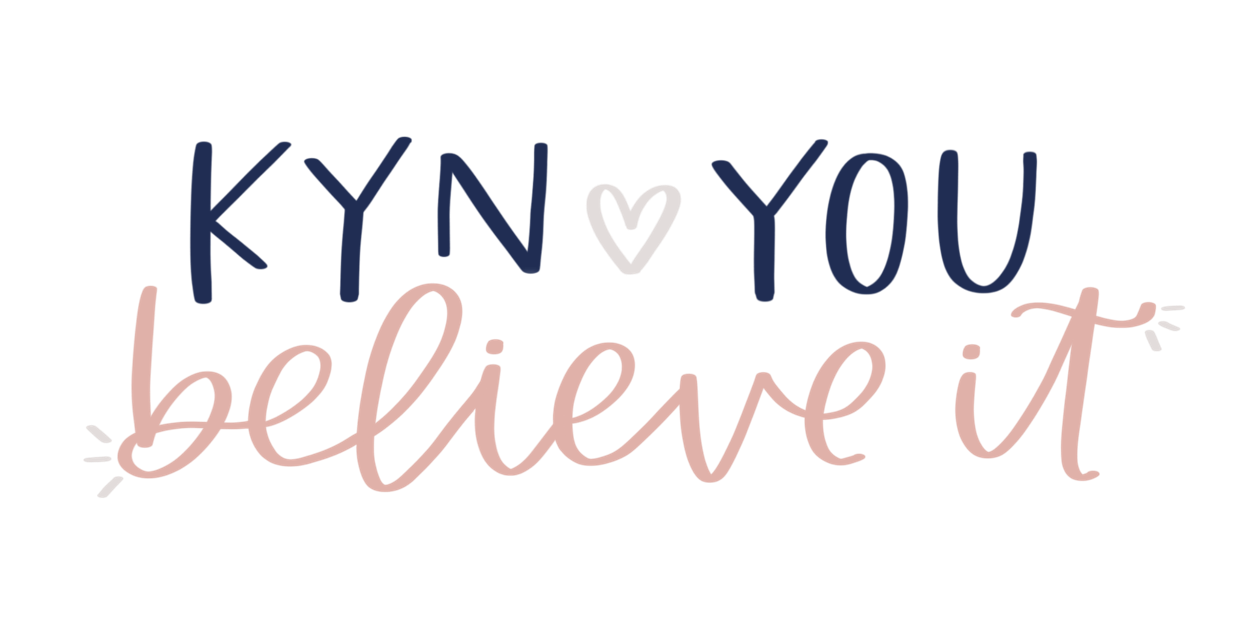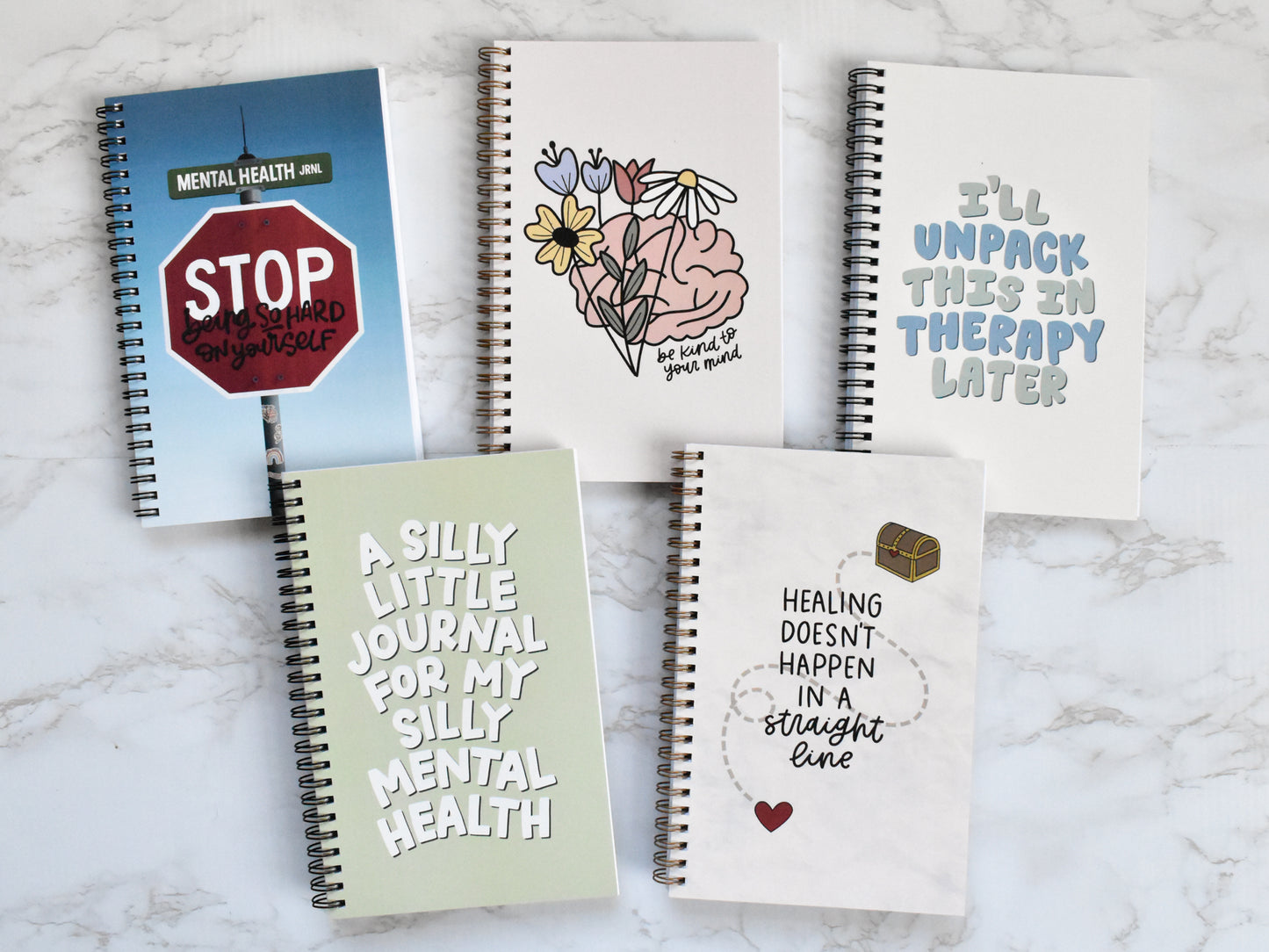
I literally felt like I had just woken up one day knowing where I wanted to take my business. I was scared to admit this on social media. I was scared that as soon as I said the words out loud, the clarity would disappear as soon as it came.
And honestly: it did. I woke up one day feeling so confident about my business’ future, and (literally) the next day, I was back at square one where I felt like I didn’t know what I was doing. I panicked, because I had promised I would blog about my long term plans. I promised to elaborate more on what I wanted the business’ future to be. And suddenly, I didn’t know anymore. (Or at least, I felt like it)
So I spent the past two weeks trying decide how to write that blog post. Because I felt sure about KYBI and then I didn’t. And the more I thought about it, the more I decided the “long-term plans” post needed to wait. It needed to wait until I could articulate why those feelings had come and gone quicker than Texas’ winter.
Because here’s the thing: that “feel good then didn’t” thing is a constant battle for me. I’ve been fighting it ever since I started the business over a year ago. I’ll have some ideas, work on them a whole bunch until they feel like solid plans and until I feel good about them. And then right when I get to that “feel good” point is also right when the doubts, fears and concerns creep in. Like I’m not allowed to feel confidence, not allowed to dream big, not allowed to want these things that are out of reach right now, but maybe won’t be one day.
Except. I am allowed ALL of those things. And you are too.
Those thoughts that I find myself believing (essentially, the thoughts that tell me I’m not good enough) are very much a branch of imposter syndrome. What is imposter syndrome, you may ask? Well, a quick search on Google says this: “imposter syndrome is a psychological pattern in which one doubts one's accomplishments and has a persistent internalized fear of being exposed as a ‘fraud’.”
And here’s how imposter syndrome translates to my business life.
I do things. I feel unsure about those things. I do it anyways and keep going and going. I truck along. I slowly get the hang of things. I start thinking about things bigger than the present day. And then, as soon as I begin to feel like I know what I’m doing, as soon as I start to feel legit, as soon as I feel like my business can actually do some big things, imposter syndrome swoops in and says “not so fast.”
So goes the narrative of the past two weeks:
Me: “Hey! I have more clarity then ever before! I love my business! Things are good! Let’s shout about it from the rooftops!”
My brain: “Not so fast. You don’t know what you’re doing, you have a long way to go. People are doing better than you. Sit down.”
But this time, I didn’t let the feelings seize me up. Something about all this isolation has turned me into someone who is constantly reflecting inward. Instead of letting imposter syndrome take over and force me into a slump that lasts days, weeks even, I’ve been questioning things: why do I feel this way, how can I help myself right now, what circumstances tend to bring this on?
And the constant variable is this: when I feel confident is when those feelings inevitably roll in. When I begin looking towards the future. When I begin trusting my gut, thinking I may have finally figured things out.
And really, that’s the perfect environment for imposter syndrome to manifest. I mean look at the definition of imposter syndrome that I just quoted.
Feelings like that can only manifest when we make progress, yes? You can’t be a fraud in anything if you haven’t done anything. You can’t have accomplishments to doubt if you haven’t been working towards anything. And I’ve been thinking about that fact a lot lately. And here’s what it comes down to: we have to take the good with the bad.
As in, if we want to go on to do great big things, we have to accept the fact that doubts and fears will accompany us. No one is safe from imposter syndrome. The people who seem like they don’t suffer from imposter syndrome are just good at learning that it’s part of the job (whatever “the job” is). They’ve learned to combat it and to tell it: “stop that. Not today.”
It’s natural for us to doubt ourselves, but it’s so important to learn to identify where those feelings are coming from. Are they based in facts, or based in feelings? Is there something that happened recently that’s causing these emotions to arise? When we’re able to answer these questions, it means we’ve won the battle (but not the war, cause that’s kinda never-ending).
I want to tell you to listen to your imposter syndrome, but that’s honestly spreading the wrong message. Because if you listen to what imposter syndrome is telling you, you’ll begin to believe that you aren’t good enough.
I guess I should say: pay attention to the circumstances surrounding your imposter syndrome. Figure out what causes it. What makes it tick. What shuts it up.
Learn from it. Because when you begin to do that, you find the freedom to work through it. Alongside it.
The trick to overcoming imposter syndrome really isn’t beating it. The trick to overcoming imposter syndrome is making it work to your advantage. Because when we learn to identify it, when we know what manifests it, and when we find what makes it tick – that’s when we learn more about ourselves, our businesses, our careers. And at that point, we can acknowledge it, say “I see you” and move on.
Imposter syndrome sucks. Hard. But it’s not going anywhere and neither are you. So let’s all learn to live in harmony, yes?

